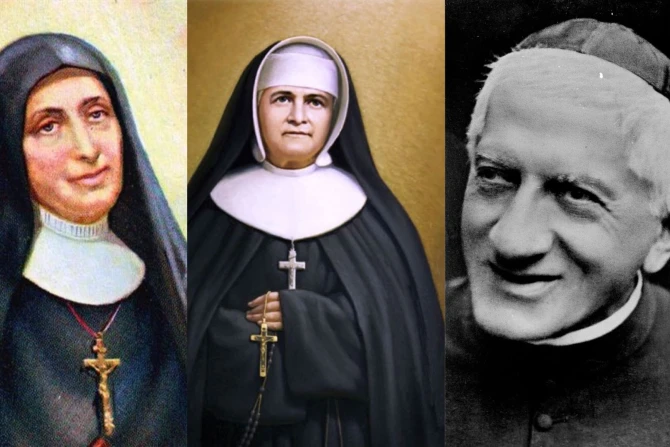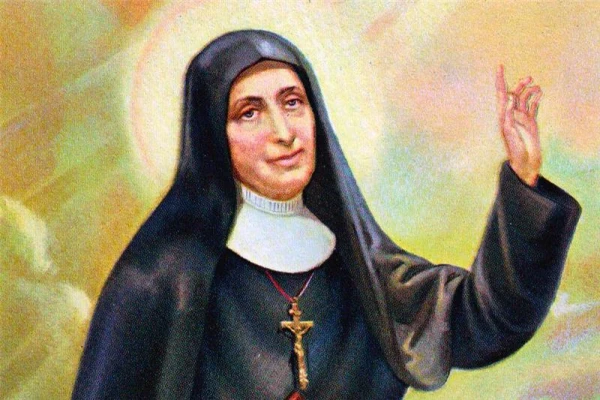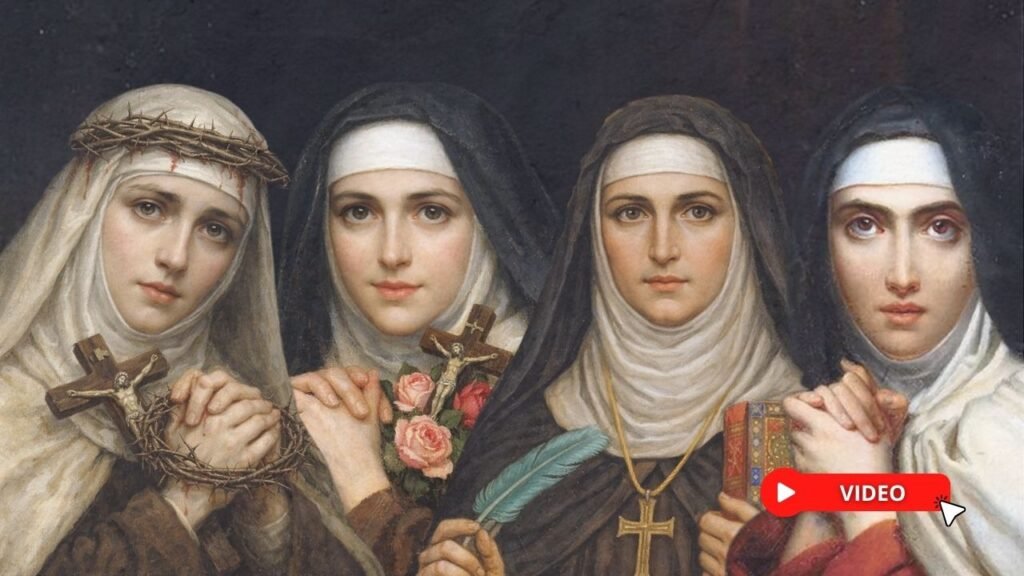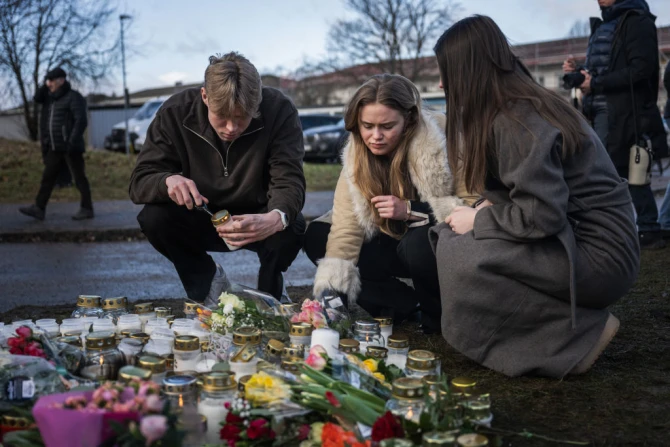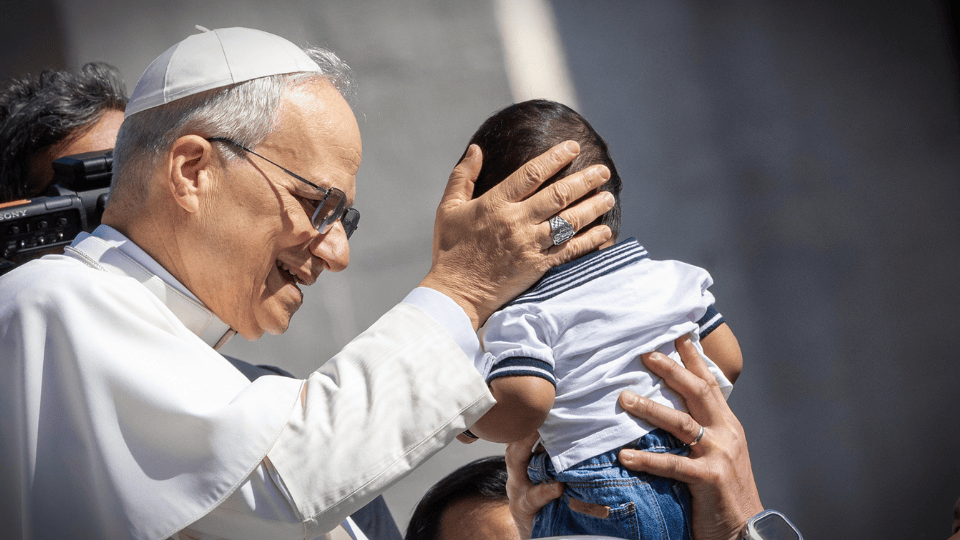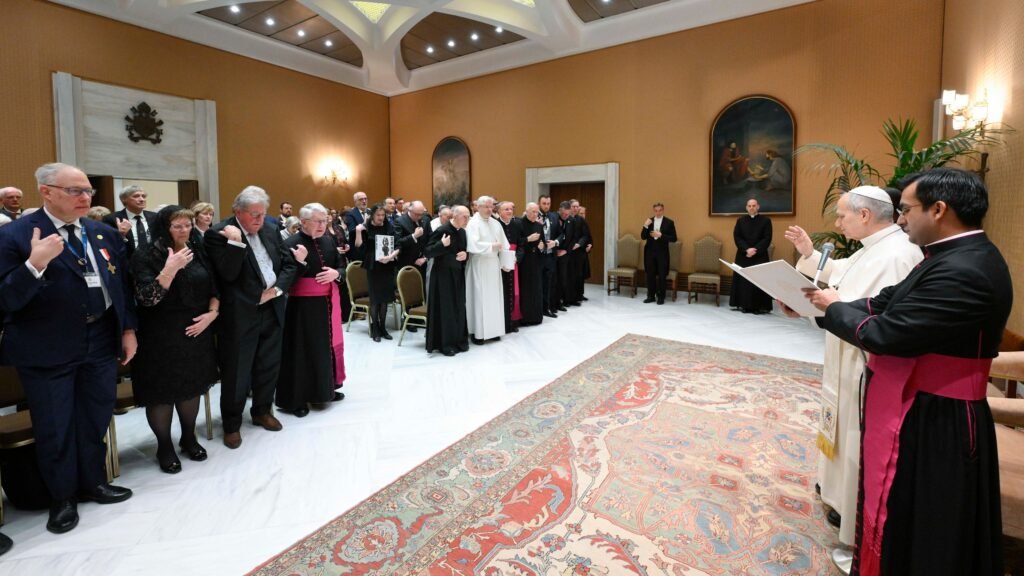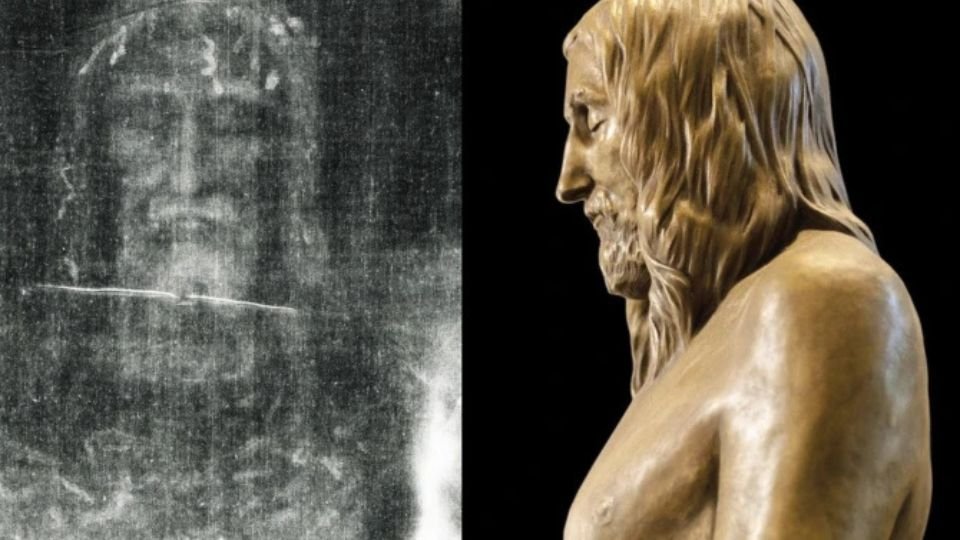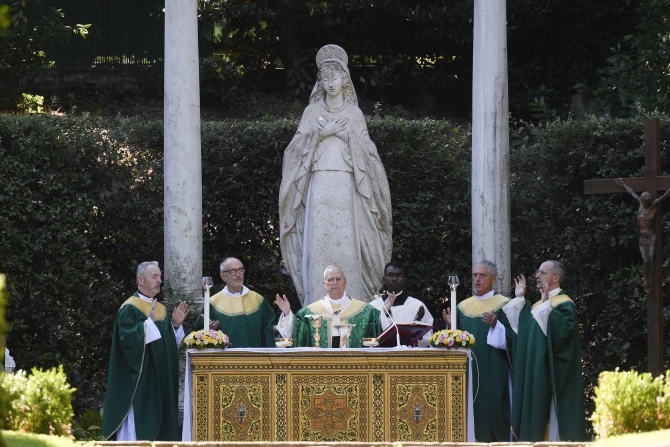The 14 people who became the new saints of the Catholic Church last Sunday include a priest whose intercession led to the miraculous healing of a man attacked by a jaguar, a woman who convinced a pope to promote a worldwide novena to the Holy Spirit, and 11 men killed in Syria for refusing to deny their faith and convert to Islam.
Although their names are not known to the general public, the 14 new saints have all demonstrated heroic virtues and a holiness lived out in their particular vocations, including two married men — fathers of eight and five children, respectively — and three founders of religious orders who have left a spiritual legacy that has spread around the world.
Pope Francis called on all Catholics to “get to know these new saints and ask for their intercession,” ahead of their canonization in St. Peter’s Square on Oct. 20.
“They are a clear witness to the action of the Holy Spirit in the life of the Church,” the pope said.
St. Helena Guerra (1835-1914)
Known as the “apostle of the Holy Spirit,” St. Helena Guerra was instrumental in convincing Pope Leo XIII to urge all Catholics to pray a novena to the Holy Spirit in preparation for Pentecost in 1895.
Guerra is the founder of the Oblates of the Holy Spirit, a congregation of nuns recognized by the Church in 1882 and still active today in Africa, Asia, Europe and North America.
A friend of Pope Leo XIII and teacher of St. Gemma Galgani, Guerra is remembered for her spiritual writings and her passionate devotion to the Holy Spirit.
“Pentecost is not over,” Guerra wrote. “On the contrary, it continues at all times and in all places, because the Holy Spirit desires to give Himself to all men, and those who desire Him can always receive Him; we must not envy the apostles and the first believers: we need only dispose ourselves like them to receive Him well, and He will come to us as He came to them.”
For much of her twenties, Guerra was bedridden by a serious illness, a challenge that proved transformative, prompting her to meditate on Scripture and the writings of the Church Fathers. After her recovery, during a pilgrimage to Rome with her father, she felt a call to consecrate herself to God and founded a religious community dedicated to education.
During her correspondence with Pope Leo XIII, Guerra composed prayers to the Holy Spirit, including a crown to the Holy Spirit, asking the Lord to “send your spirit and renew the world.”
St. Joseph Allamano (1851-1926)
St. Joseph Allamano remained a diocesan priest throughout his life, but he left a global legacy by founding two missionary orders-the Missionaries of the Consolata and the Missionary Sisters of the Consolata-that spread the Gospel to Kenya, Ethiopia, Brazil, Taiwan, Mongolia and more than two dozen other countries.
Allamano told the priests of his order, founded in 1901 in northern Italy, that they should be “first saints, then missionaries.”
“As missionaries, you must not only be holy, but extraordinarily holy. All the other gifts are not enough to make a missionary! It takes holiness, great holiness,” he affirmed.
Allamano set the example by “combining a commitment to holiness with attention to the spiritual and social needs of his time,” Pope John Paul II said during his beatification. “He had a deep conviction that ‘the priest is first of all a man of charity,’ ‘destined to do the greatest possible good,’ to sanctify others ‘by example and word,’ with holiness and knowledge.”
He was deeply influenced by the spirituality of the Salesians and St. John Bosco, who was his spiritual director, as well as by the example of his holy uncle, St. Joseph Cafasso.
Allamano was canonized after the Vatican recognized a miracle attributed to his intercession-the healing of a man attacked by a jaguar in the Amazon rainforest.
Sorino Yanomami, an indigenous man from the Amazon, was attacked by a jaguar in 1996, suffering a fractured skull. Given the remote location, it took eight hours before he could be transported to a hospital. While he was being treated in intensive care, six Consolata missionary sisters, a priest and a brother prayed with the man’s wife, invoking the intercession of Blessed Allamano with a relic of him. After ten days, the man awoke without any neurological damage, according to reports from the Dicastery for the Causes of Saints.
Fifteen Consolata missionaries are now bishops, mainly in Africa and South America, including Cardinal Giorgio Marengo, apostolic prefect of Ulaanbaatar, Mongolia.
Saint Marie-Léonie Paradis (1840-1912)
Canadian saint Marie-Léonie Paradis founded the Little Sisters of the Holy Family.
Born Virginie Alodie in the Acadian region of Quebec, the saint founded her institute, whose purpose was to collaborate with Holy Cross religious in educational work, in 1880 in New Brunswick.
Before founding her religious order, Paradis spent eight years in New York serving in the St. Vincent de Paul Orphanage in the 1860s, and then moved to Indiana in 1870 to teach French and embroidery at St. Mary’s Academy.
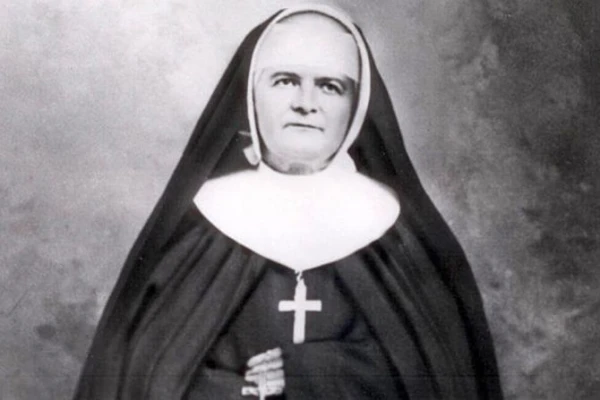
At the request of the bishop of Montreal, Paradis founded the Little Sisters in 1880. A key aspect of the order’s spirituality and charism is supporting priests through intense and constant prayer, but also by taking care of the cooking and laundry in seminaries and rectories in “humble and joyful service,” imitating “Christ the Servant” who washed the feet of his disciples.
Today her sisters work in more than 200 educational and evangelization institutions in Canada, the United States, Italy, Brazil, Haiti, Chile, Honduras and Guatemala.
Pope John Paul II called Paradis “the humble among the humble” during his beatification in 1984 during his visit to Montreal, the first beatification on Canadian soil.
The miracle attributed to Paradis’ intercession concerns the healing of a newborn girl who suffered from “prolonged perinatal asphyxia with multi-organ failure and encephalopathy” during her birth in 1986 at a hospital in Saint-Jean-sur-Richelieu, Canada.
Martyrs of Damascus, Syria (d. 1860)
The Church also gained 11 new holy martyrs, killed for refusing to deny their Christian faith and convert to Islam. The “Martyrs of Damascus” were murdered “for hatred of the faith” at St. Paul’s Franciscan Church in Damascus, Syria, on July 10, 1860.

Eight of the martyrs were Franciscan friars – six priests and two professed religious – all missionaries from Spain, except for Father Engelbert Kolland, originally from Salzburg, Austria.
The other three were laymen killed during the raid on the Franciscan church that night: Francis, Mooti and Raphael Massabki, brothers from a Maronite Catholic family.
Francis Massabki, the eldest of the brothers, was the father of eight children. Mooti, father of five, attended St. Paul’s Church daily to pray and teach catechism. The youngest of the brothers, Raphael, was unmarried and spent long periods of time in prayer in the church, helping the brothers.
During the persecution of Christians by Muslims and Shiite Druze in Lebanon and Syria in 1860, which claimed thousands of lives, the three brothers were brutally murdered, refusing to deny their Christian faith.
🎥HIGHLIGHTS | Abbiamo 14 nuovi Santi 🎉🎉! Durante la Santa Messa in Piazza San Pietro, Papa Francesco ha canonizzato Manuel Ruiz López e 7 compagni, Francis, Abdel Mohti e Raphaël Massabki, Giuseppe Allamano, Marie-Léonie Paradis ed Elena Guerra. pic.twitter.com/zLnkXE8Lhh
— EWTN Italia 🇮🇹 (@EwtnItalia) October 20, 2024

